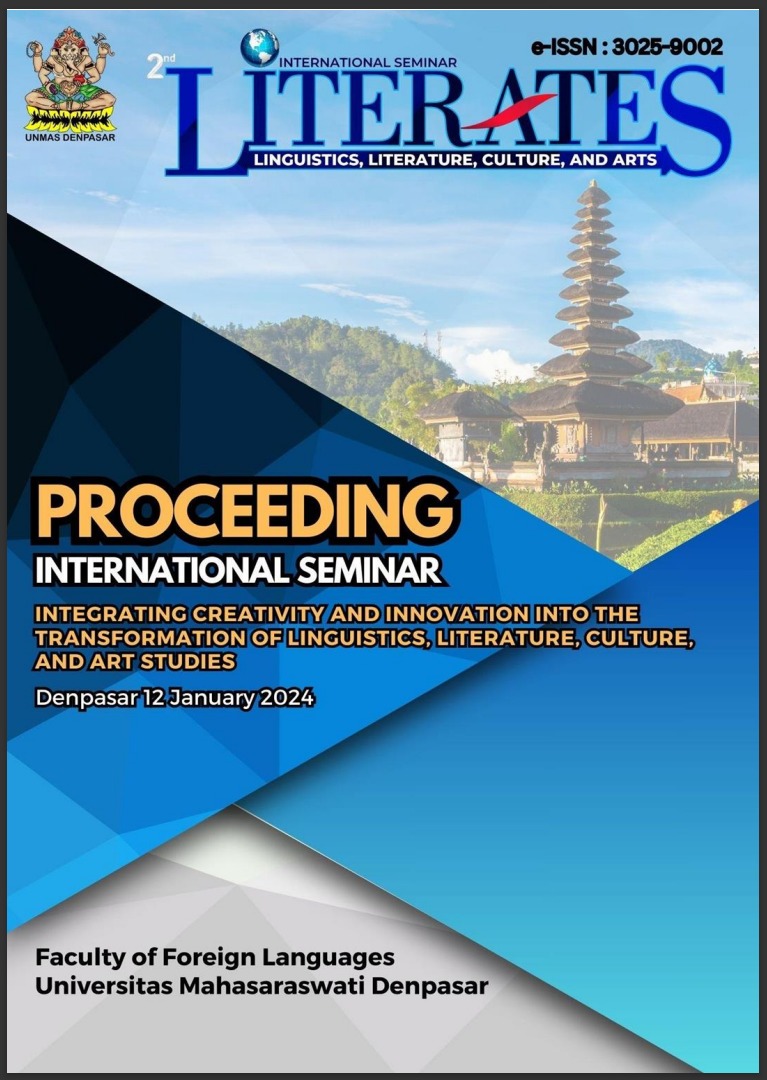USING INDUCTIVE AND DEDUCTIVE CONSCIOUSNESS- RAISING TASKS TO PROMOTE LEARNERS’ AWARENESS OF CONDITIONAL SENTENCES
Keywords:
Inductive Consciousness-Raising Tasks, Deductive Consciousness-Raising Tasks, effectiveness, conditional sentences, awarenessAbstract
Teaching grammar has been a challenge for English teachers as it is viewed as complex, and unimportant in a communication. In order to make the process of teaching and learning effective, many language practitioners, teachers, lecturers have been trying to devise a variety of approaches, methods, techniques and tools. In this study, Consciousness-Raising Tasks (CRTs) were proposed as a tool to help teachers in grammar instructions and students to become fully aware of the target grammar feature. The researcher had a comparison of the inductive and deductive methods in the teaching of specific language rule, that was mixed conditional sentences. In the inductive method, learners used the noticing strategies. In the deductive method, however, learners were given a list of grammatical rules and examples. A total of 28 students from the English department, which were then categorized into two groups, were involved in this study; the first group used the inductive methods, and the second used the deductive method. The instruments used in this study were pre- and post-tests. There were three steps that were taken. First of all, the pre-test was administered to both groups. Next, the different treatment was given. Finally, the post-test was given after the treatment was finished. The results show that consciousness-raising tasks with the inductive and deductive methods were both effective to promote awareness and give better understanding of the target language rules, since the results of the post-tests for both groups demonstrated significant difference compared to the results of the pre-tests.






